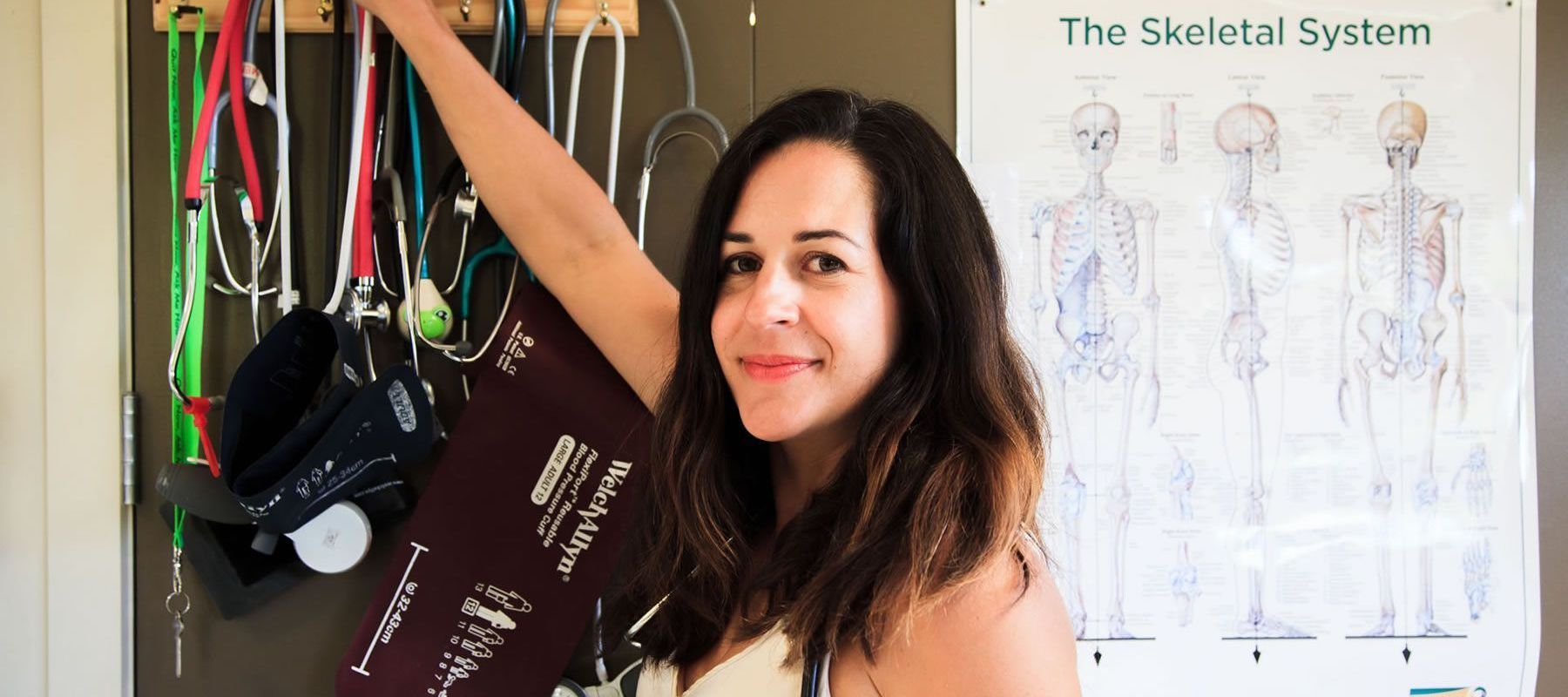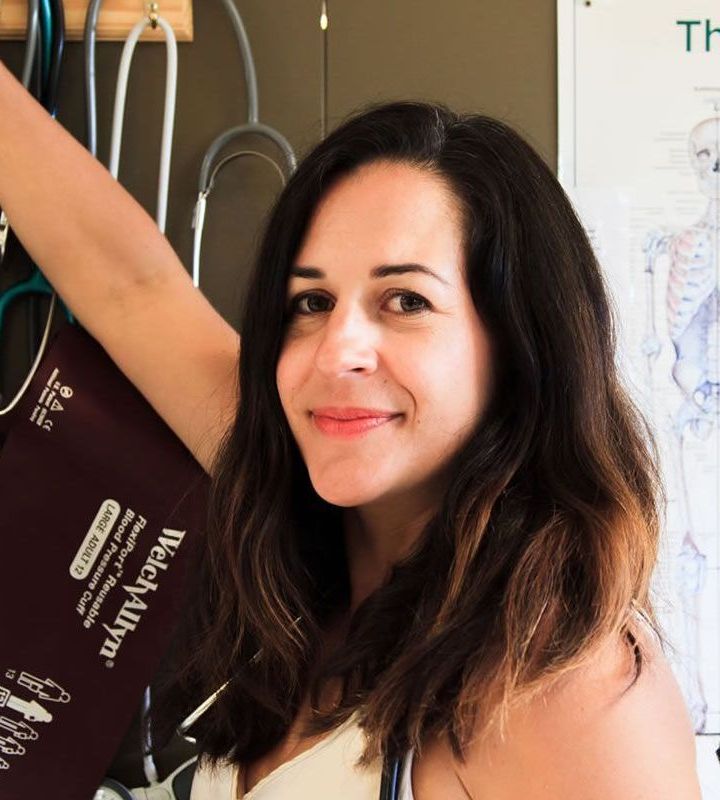Rotavirus
Rotavirus is a highly infectious virus of the gut. It can range from a short period of mild, watery diarrhoea to severe, dehydrating diarrhoea with vomiting, fever and shock.
How it is spread
The virus is spread by contact with the faeces (poos) of an infected person. This can happen if people don’t wash their hands properly after going to the toilet or changing nappies.
If you think your child has rotavirus, this can only be confirmed by laboratory testing.
If your child has rotavirus, the symptoms are:
- sudden onset of vomiting and watery diarrhoea which can last from 3–8 days
- fever
- abdominal pain.
Rotavirus can lead to severe dehydration that can be fatal if not treated.
Adults can catch rotavirus, but most will have no symptoms.
If your child has rotavirus, the most important thing to do is prevent dehydration.
Stop rotavirus spreading
Careful handwashing is important to stop the spread of rotavirus. Be aware that the virus can survive outside the body, so that hard surfaces, toys, utensils and other objects can become contaminated.
If your child has rotavirus, they should be kept home from school or early childhood services until they are well, with no further diarrhoea or vomiting. This will help prevent the spread of rotavirus in your community.
Getting immunised
Rotavirus vaccine is an oral (taken by mouth) vaccine available free in New Zealand for babies at their 6 week, 3 month and 5 month immunisations.
The first dose of three must be received before 15 weeks of age.

